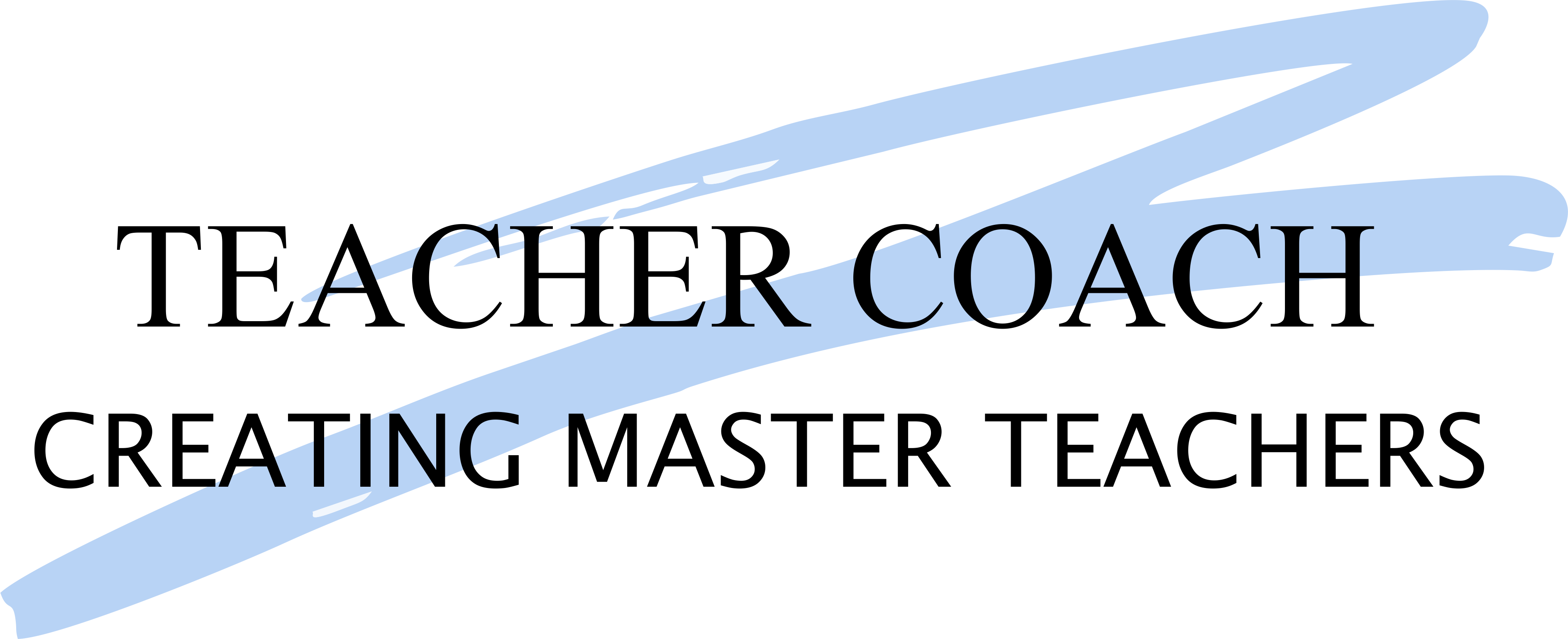
To insure student success requires that we take a different approach from those who traditionally advocate behavior modification methods if we truly want to help our students. Rather than punish and reward a student’s actions in order to change his/her behavior in the classroom, we must look for the underlying cause of the behavior in order to really help the student. Punishers and rewards may change the student’s behavior today helping to solve our problem as a teacher trying to cover the curriculum, but it won’t necessarily carry over to tomorrow and it certainly won’t help the student today or tomorrow.
William Glasser in his book Choice Theory: A New Psychology of Personal Freedom outlines five basic needs that students have. Failure to satisfy these needs is what leads to misbehavior in the classroom. These five needs are: Survival, Belonging, Freedom, Fun, and Power. Classroom discipline problems can almost always be traced back to the failure to satisfy one or more of these needs. Here is a brief overview of each need.
Think of Survival needs at a very basic level: food, shelter, and nurturing. You are probably familiar with Maslow’s Hierarchy of Needs. Physiological needs (food, water, sleep, air to breath) must be met first. Safety needs come next. This is what Glasser refers to as Survival Needs. Think about a time when you might have been extremely hungry, or dehydrated on a hot summer day. Could you have sat down and read a book, or done some math problems? Perhaps you could have, but how successful would you have been? This is why many school districts have “Breakfast Programs”, to ensure that students have food in their stomach before they begin their school day.
Belonging is perhaps the most important of the five needs for to achieve a successful classroom. We all need to feel that we belong, whether it is to our family, friends, a team, or class. Belonging leaves us with a sense of security. It is also a reference point for what we say and do and how we dress and talk. The groups with which we associate also tells us and others a lot about who we are.
Freedom feeds into our dignity and identity as well. Are we free to make choices and do we have the necessary skills and knowledge to make good choices? One of our major concerns as classroom teachers should be to help our students to become self sufficient and able to make decisions that will help them to achieve their goals in a positive way.
Fun is something that we can never get enough of. Student behavior is greatly influenced by the amount of fun they have when they are at school. From kindergarten through to high school students enjoy being with their friends. They spend more than a quarter of their day at school with their friends. If they are not having fun interacting with you and the curriculum you know they will find their own ways of having fun.
Power should not be thought of in terms of physical or political strength but rather the ability to look after oneself. Academically this means being able to perform well in class, having the skills and knowledge to do well on assignments and tests. Can the student make good choices in social situations to allow him/her to be able to make friends? Avoid a fight? Join a group to work on an assignment? Power is the ability to be able to look after oneself.
What is the fifth classroom management strategy key? Very simply, making your classroom the place where your students want to be. If it is more satisfying to be in your class, learning and working with their friends, then student behavior will not be directed at finding ways to get out of class. Classroom management will no longer be your main focus.
Check out this video for more on Glasser’s basic needs and how they impact the classroom.
